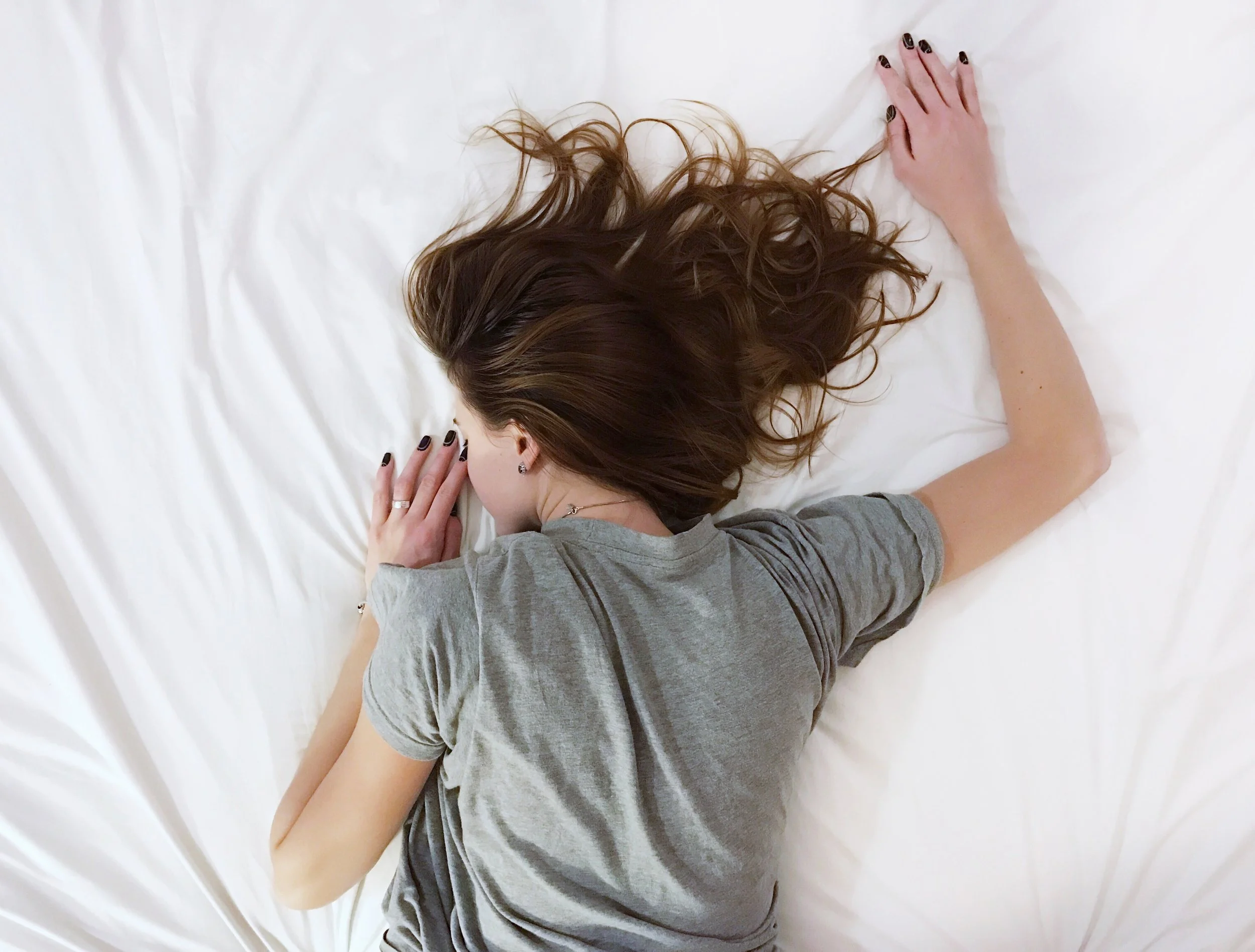How can I fall asleep faster and stay asleep?
Years ago my daughter caught a very bad flu and the virus moved into her brain and caused her to become really sick.
Thankfully she recovered completely but it was a scary situation for our family.
When Judith and I were trying to figure out how to help her recover and to speed her brain healing I kept on coming across the critical importance of sleep for brain health.
That was one of the factors that led to me including sleep as the foundation for The Ripple Effect book and most of the presentations I’ve done since then.
We think sleep is really important and apparently so do many of you who read this column! Each week in this space many of your submit questions and almost every week someone asks about sleep and specifically how to fall asleep and stay asleep.
So, this week I have a few simple tactics you can use to sleep better. Here is the Q&A!
How can I fall asleep faster?
One of the most effective ways to fall asleep quickly (and have a restful sleep) is to avoid exposing your eyes to bright light within the hour before you’d like to be asleep. We call this “defending your last hour”. Have an alarm set to go off every night one hour before you’d like to be asleep (Apple, Android). At this point, put away devices and start winding down your body and brain for a deep and restful sleep.
I wake up in the night with my mind racing – how can I fall back asleep quickly?
Keep a nightstand notebook. If you’re lying awake stressed about things you need to do, write them down. That way your thoughts get onto a piece of paper and out of your head. Then trust that you’ll deal with them tomorrow, so you can stop thinking about them at 3 a.m.It’s important that you use a piece of paper and pen as opposed to your phone so you’re not exposing your eyes to the blue light on your device.
Try Progressive Relaxation. Progressive Relaxation consists of alternating 3 to 5 seconds of tension with 10 to 15 seconds of relaxation of various muscle groups. PR will develop your ability to recognize and relieve tension. As you do this technique, notice the differences between sensations of strain and calmness, tension and relaxation.
What about taking melatonin to help me sleep?
Taking melatonin can be helpful to get your sleep schedule back on track if you’re jet lagged or if you’ve had a period of disrupted sleep. However, taking it regularly will decrease its effectiveness and you’ll become reliant on it, so only take melatonin for a few days at a time if you absolutely must. If you are considering melatonin or other sleep aids, we recommend talking to a doctor first.
My life is so stressful right now – is there anything I can do to help me sleep when life is hard?
There is a technique that is taught to military personnel to help them fall asleep under difficult circumstances. the technique was first described in a book from 1981 called Relax and Win: ChampionshipPerformance by Lloyd Bud Winter. Here is how it works:
Lie down in your bed. Make sure bedroom lights are off, your phone is silenced, and your alarm is set for the morning.
Now relax your facial muscles. First tighten them up in a wincing motion, and then slowly let your muscles naturally loosen.
Once your face feels relaxed, let gravity pull your shoulders naturally toward the ground. Let your arms relax as well.
While doing this, breathe in and out smoothly and slowly, listening to the sound of your breath. With each breath, let your body relax further and then let gravity relax your thighs and lower legs.
Once your body feels like its relaxed and floating, bring your attention to your breath for 3 slow breaths. If thoughts come naturally, let them pass–just keep your body loose and limp. After a few more seconds you mind should feel clearer.
Now picture one of the following two scenarios: you are lying in a canoe in a calm lake with clear blue skies above you. You can also imagine lying in a hammock that is gently swinging back and forth.
That’s it. At the end of this practice that takes around 2minutes you should be able to calm your body and mind and gently drift off to sleep. Note that it takes practice, and this won’t work perfectly the first time you try it. Practice and over time your body and mind will learn to relax and drift off to sleep!
Give these tactics a try and let me know how it goes! If youwant to try an app that tracks your sleep, we created the VIIVIO app. We would be thrilled for you to try it.
See you in next week’s post.

